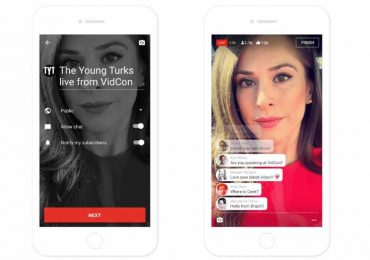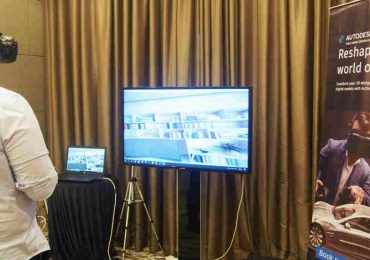Do you feel that your workload is heavier now that you’re working from home? Do you find it challenging to balance your professional life and personal life because of the current remote work set-up? Kaspersky’s fresh research reveals you are not alone.
The latest study titled “More connected than ever before: how we build our digital comfort zones” found out that 46% of respondents from Southeast Asia (SEA) find it harder to switch off after work than when they had to travel to their physical offices. This is four notches higher than the global result of 42%. A majority of them (62%) also disclosed their unease towards the increasing amount of meetings taking place online.
Conducted by the global cybersecurity company among 760 interviewees from SEA last May, the survey also unmasked the worries of remote employees in the time of pandemic where majority of the offices remain closed due to physical restrictions. Amongst these heightened concerns are about their online security. This was triggered by two factors.
First is due to the nature of the confidential work they are conducting from home according to 62% of the interviewees, 13 points higher than the global result with only 49%. The second factor for 57% of the respondents is that their home technology is not as secure as their office’s technology which is nine notches higher that the world’s view at 48%. These respondents expressed their worry that using their own computers may risk the safety of their work data.
“Majority of our survey respondents from the region are working from home during this period where lockdown measures are still in place because of the pandemic. It is understandable and a welcome progress that a lot of them are more concerned about their online security given that our previous research showed 52% of businesses agreed that employees are security’s weakest link,” comments Yeo Siang Tiong, General Manager for Southeast Asia at Kaspersky.
There are bright spots, though, as 62% of the surveyed individuals from SEA professed that working from home has made them more aware of their digital security and 56% noted that their employers have provided strict instructions about protecting confidential work information online.
However, there are still over 4-in-10 who shrug off security and assume that everything is protected and safe. Almost half (42%) also confessed that they share internet connection with other people they live with in shared accommodation and are not sure about the security and safety of their devices as they are not aware on how to securely use the internet.
CONTINUE READING…












